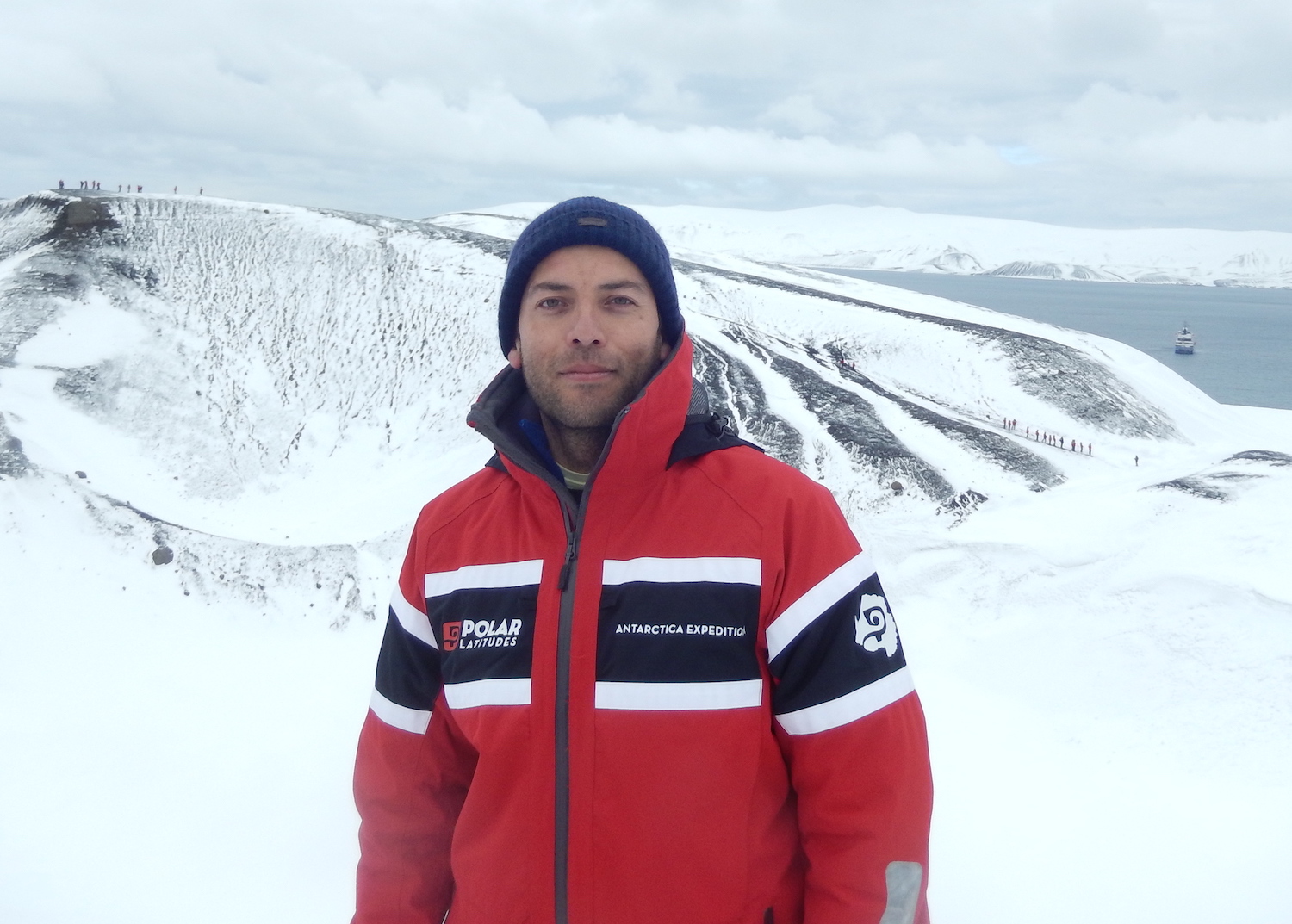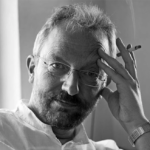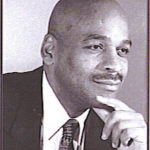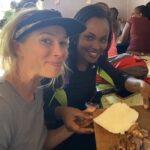Shafik Meghji is an award-winning travel writer and journalist based in South London. A Latin America and Asia specialist, he has co-authored more than 35 guidebooks, including Rough Guides to Argentina, Australia, Bolivia, Chile, India, Laos, and Mexico. He writes for print and digital publications around the world, including BBC Travel, the Guardian and Time Out, contributes to The Rough Guide to Everywhere podcast, and was a travel expert on the BBC’s recent program How to Holiday Better. A member of the British Guild of Travel Writers, a fellow of the Royal Geographical Society and a trustee of the Latin America Bureau, Shafik is currently writing a travelogue about Bolivia.
How did you get started traveling?
My parents passed on their love of travel to me. Some of my earliest memories are of family holidays: delving into rock pools on Cornish beaches, staying on remote farms in the Welsh hills, swimming in the Mediterranean in Greece and Spain. These experiences fostered a curiosity about the world and an urge for exploration. Books also played a major role. I’ve also always been an inveterate reader and childhood books about places like the Himalayas and civilizations like the Incas captured my imagination and never really let go.
How did you get started writing?
In my early teens I reluctantly came to the conclusion that a career as a professional footballer was out of reach, and settled on becoming a sport reporter, which felt like the next best thing. I wrote for school publications, did countless months of work experience on football magazines and regional newspapers, and had a short-lived stint as a TV presenter on a youth sports program. After graduating with a degree in politics and international relations, I got a bursary from the Guardian to do a postgraduate diploma in newspaper journalism at City University in London. This led onto a job as a news and sports reporter with the Evening Standard.
I learnt a lot from the experience but it wasn’t quite what I’d expected. Wanderlust gradually set in. My girlfriend at the time was eager to go traveling and, after finally tiring of successive 5am shifts, I resigned. It was the best decision I ever made. We spent a year backpacking around India and South America, and were captivated. Visiting places like the Thar desert, the Western Ghats, Patagonia and the Amazon opened up new windows on the world. I wrote my first travel articles while I was away and by the time I got back to London I was determined to become a travel writer.
What do you consider your first “break” as a writer?
Getting commissioned to work on my first guidebook. After returning home from South America, I spent more than a year contacting every travel publisher I could think of. I sent scores of letters and emails, wrote reams of sample articles and chapters, and made countless phone calls. Aside from a polite rejection from Lonely Planet, I got no response. Months passed. Then, out of the blue, I got an email from Rough Guides. A new editor had come across a letter I’d sent in eight months earlier and invited me in for a chat. Two months later they needed someone to go to Estonia at short notice to work on The Rough Guide to the Baltic States – I dropped everything and flew to Tallinn. That got my foot in the door.
As a traveler and fact/story gatherer, what is your biggest challenge on the road?
A lack of time is generally the biggest challenge. There’s always someone else to talk to, another story to unearth, somewhere further to go. I rarely return from a research trip completely satisfied that I’ve exhausted every angle. Perhaps that’s a good thing: it gives me an excuse to return. Another challenge is getting distracted. One of the great pleasures of travel is heading off course on a whim, but that’s not always beneficial from a travel writing point of view.
What is your biggest challenge in the research and writing process?
Avoiding the temptation to seek out stories, experiences or quotes that simply back-up a pre-existing idea, while ignoring those that contradict it. Another trap travel writers often fall into – and I certainly have in the past – is making overconfident generalizations about somewhere from very limited first-hand experience. Avoiding clichés is also a perennial challenge.
What is your biggest challenge from a business standpoint?
Attempting to strike the right balance between doing work that’s rewarding and taking on less-exciting but better remunerated commissions that pay the bills. Also getting into a good pitching regime: it’s simultaneously the least enjoyable and most important part of the job.
Have you ever done other work to make ends meet?
Yes. In the early days I juggled guidebook writing with news and sports reporting. Now alongside my travel writing career – which also encompasses research, talks and broadcasting – I work as a writer and editor for human rights NGO Amnesty International. I also do some non-travel journalism, covering subjects like food, history and culture.
What travel authors or books might you recommend and/or have influenced you?
I love Pico Iyer, particularly The Global Soul, a collection of essays centered around the author’s search for a home in a hyper-connected world. The Man Within My Head, which focuses on Iyer’s relationship with Graham Greene, is similarly good. Another travel writer I admire (and, in the interests of full disclosure, know a bit) is John Harrison. In his most recent book, 1519: A Journey to the End of Time, he follows Hernán Cortés’ route through Mexico, interweaving accounts of his own battle with cancer. It’s a moving, enlightening read. I also really enjoy books that fuse travel with other subjects, something that science writer Gaia Vince’s Adventures in the Anthropocene did brilliantly. Vince travelled around the world meeting people on the frontline of climate change. Her book managed to be both terrifying and uplifting.
What advice and/or warnings would you give to someone who is considering going into travel writing?
Be persistent. Travel writing is competitive, making a living is a challenge, and you’ll receive plenty of rejections, particularly at the start, but stick with it. Lots of publications, print and digital, will ask you to write for free, claiming that it will “boost your profile” or something similar. Don’t believe them: if you don’t value your work, no one else will. Practice pitching. Read widely and enthusiastically. Focus on the destination, rather than yourself. Find your own niche. And never, ever miss a deadline.
What is the biggest reward of life as a travel writer?
It allows me to spend my life doing work I find rewarding, challenging and invigorating. Travel writing has taken me to all seven continents, giving me the opportunity to swim with sharks in the Galápagos, clamber across glaciers in Antarctica and sip yak butter tea with Buddhist monks in the Himalayas. Moreover, it constantly throws me into contact with new people, places, ideas and experiences, while indulging my curiosity and restlessness.





